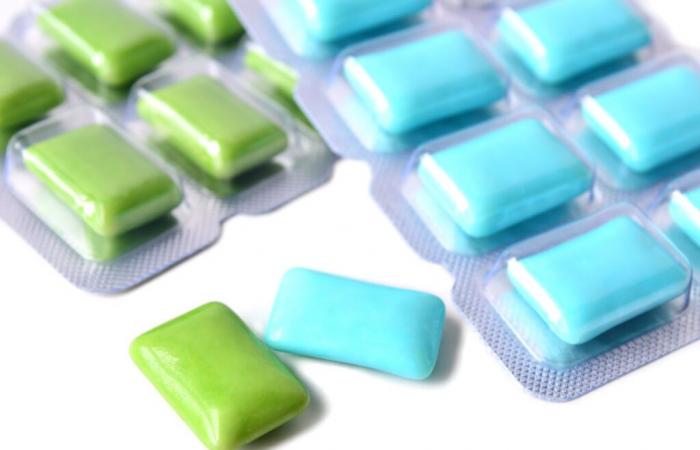Xylitol is a sugar substitute commonly used in candy, gum, some baked goods, and sugar-free oral products like toothpaste. Over the past decade, the use of sugar substitutes including sugar alcohols and artificial sweeteners has increased significantly in processed foods while being promoted as healthier alternatives.
The research, led by Dr. Stanley Hazen, reveals that higher amounts of the sugar alcohol xylitol are associated with an increased risk of cardiovascular events. The same team had already demonstrated a similar link between erythritol, another sugar alcohol, and cardiovascular risk : “our new study once again shows the urgency of better understanding the effects of sugar alcohols and artificial sweeteners, especially as they continue to be recommended to combat obesity or diabetes. This does not mean that you should throw away your toothpaste if it contains xylitol, but that you should be aware that consuming a product containing high levels of this compound could increase the risk of clot-related events. blood”.
A dose-dependent association with increased risk of thrombosis
The study conducted with more than 3,000 participants in the United States and Europe, reveals that:
- high levels of xylitol in circulation are in fact associated with a high risk of cardiovascular events over 3 years: this is particularly the case for the third of participants with the highest quantity of xylitol in the blood plasma;
- xylitol causes platelets to clot and increases the risk of venous thrombosis;
- every measure of clotting capacity increased significantly immediately after ingestion of xylitol, but not glucose.
Taken together these results justify further research on these sugar alcohols. However, the authors already consider that These “sweeteners” are indeed part of the factors that contribute to residual cardiovascular risk.
The team continues to follow these patients over time and has identified chemical signatures in the blood that can predict the future development of heart and metabolic diseases.
Health






